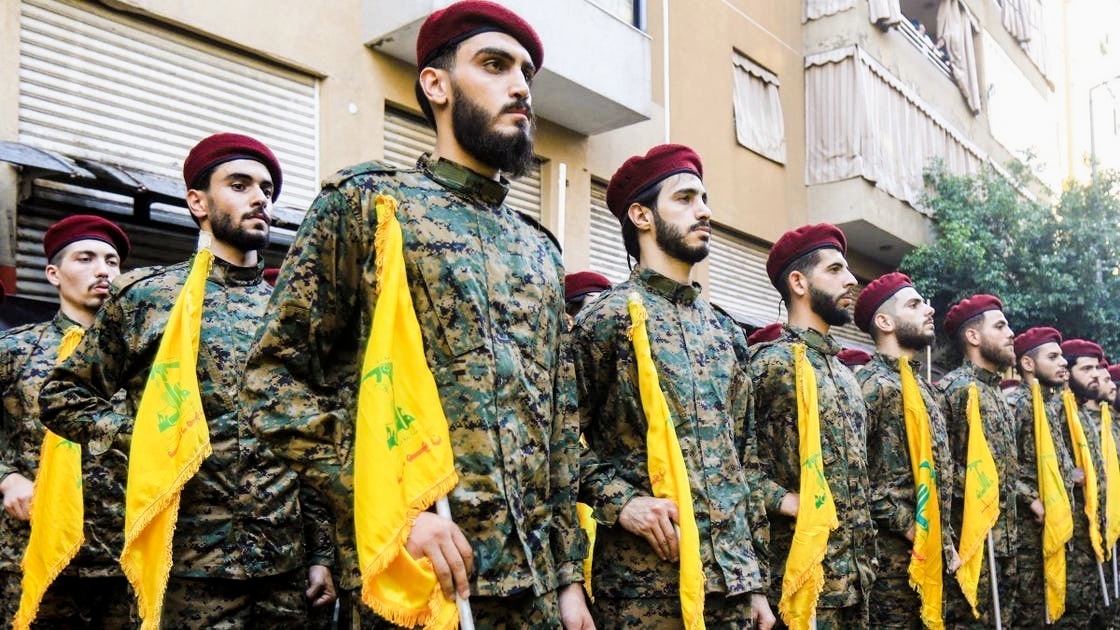Lebanese Minister of Expatriates Kamal Shhada affirmed that the Lebanese state will not back down from its decision to limit weapons to the army, pointing out in an interview from Beirut that Hezbollah's arsenal did not protect Lebanon but contributed to its destruction, calling for protecting the country through diplomacy, not weapons.
Shhada explained that Hezbollah's stubbornness regarding its weapons "did not lead to a positive outcome," yet he emphasized the existence of a diplomatic opportunity that should not be wasted.
His statements come in conjunction with confidential information indicating that Hezbollah's military wing informed Parliament Speaker Nabih Berri of its refusal to hand over its weapons, even if Israel withdraws from the south, hinting at escalation if the state tries to forcibly disarm them.
Sources confirmed that Berri, in turn, informed US envoy Thomas Brack that he could not commit to disarming Hezbollah north of the Litani River, while Lebanese state institutions are increasingly angry at the party's stance, amid presidential insistence on implementing the decision to limit weapons.
Relatedly, the Lebanese presidency announced after Brack's meeting with President Michel Aoun the submission of the "Comprehensive Memorandum Project" regarding Lebanon's commitments in the November 27, 2024 declaration following the ceasefire between Hezbollah and Israel.
The memorandum included the state's affirmation of asserting its authority over all Lebanese territories and limiting weapons to legitimate armed forces only.
Brack considered disarming Hezbollah a "domestic Lebanese issue," but described the failure to hand over weapons as "disappointing." He explained that America "will not force Israel into specific steps," but seeks to gather calm minds to find a solution.
Despite the ceasefire, Israel continues to carry out airstrikes on sites in southern Lebanon that it claims belong to Hezbollah, affirming that it will not allow the rebuilding of its military capabilities.
It has also so far refused to withdraw from five strategic hills still under its control, despite Lebanon's demands.
It is worth noting that the agreement stipulates Hezbollah's withdrawal from south of the Litani River (30 km from the border), in exchange for the deployment of the army and UNIFIL forces, as well as the withdrawal of Israeli forces from areas they advanced into during the war.

